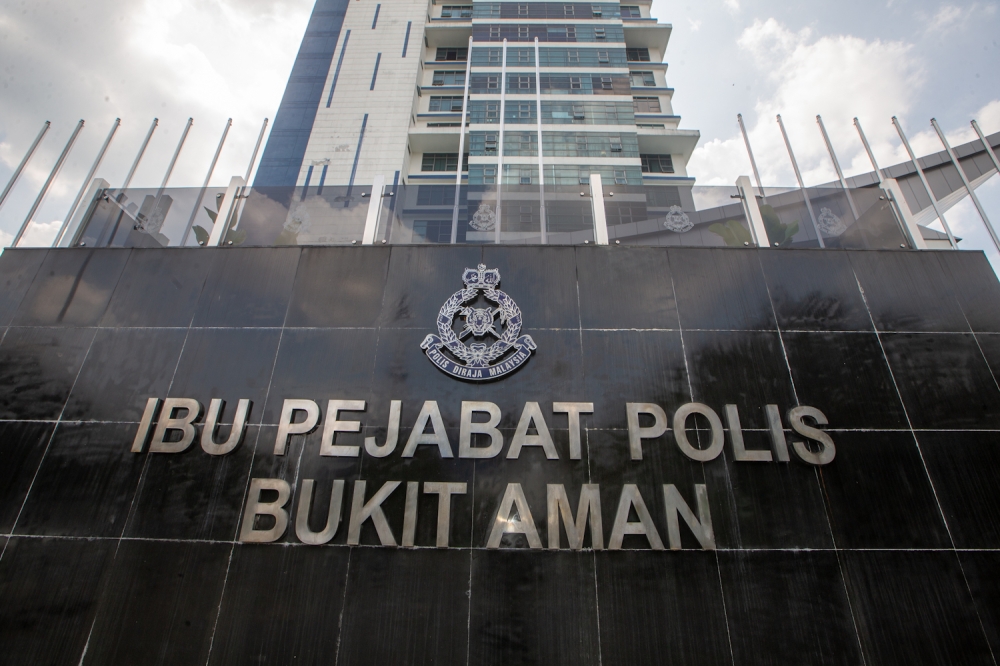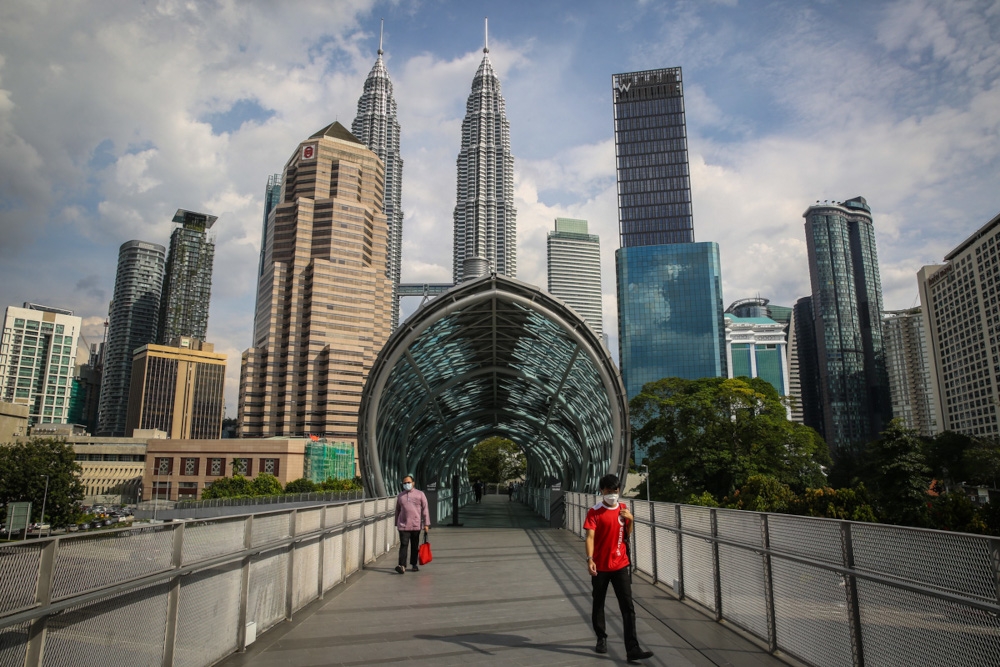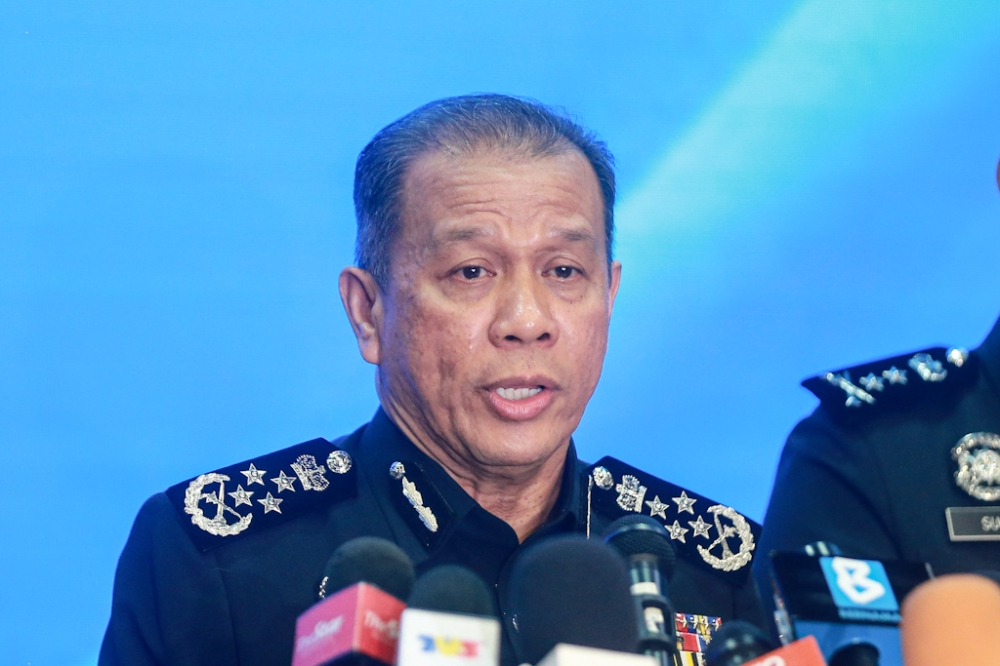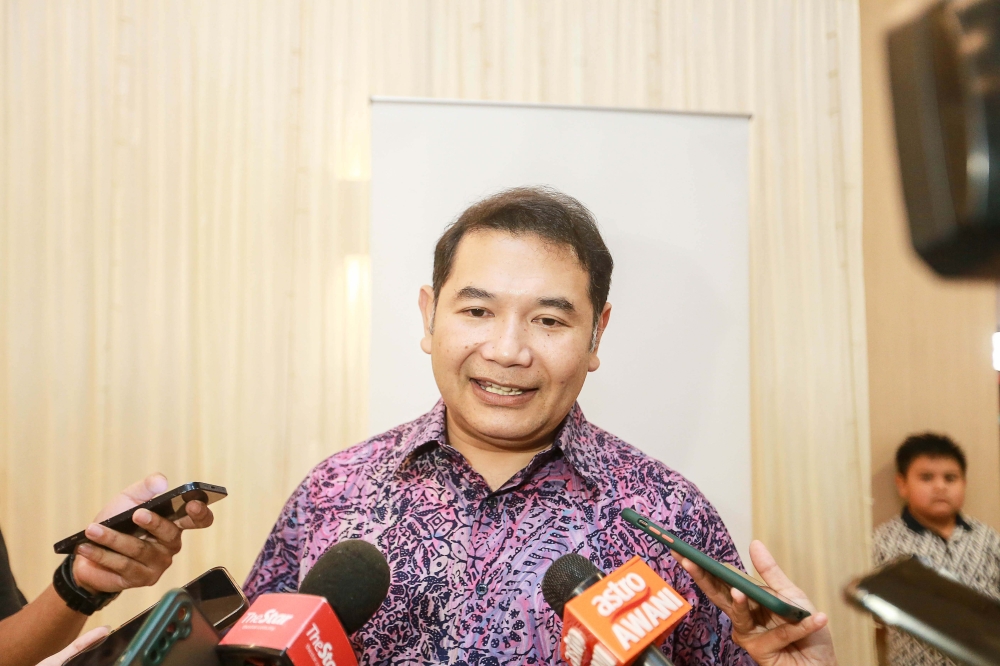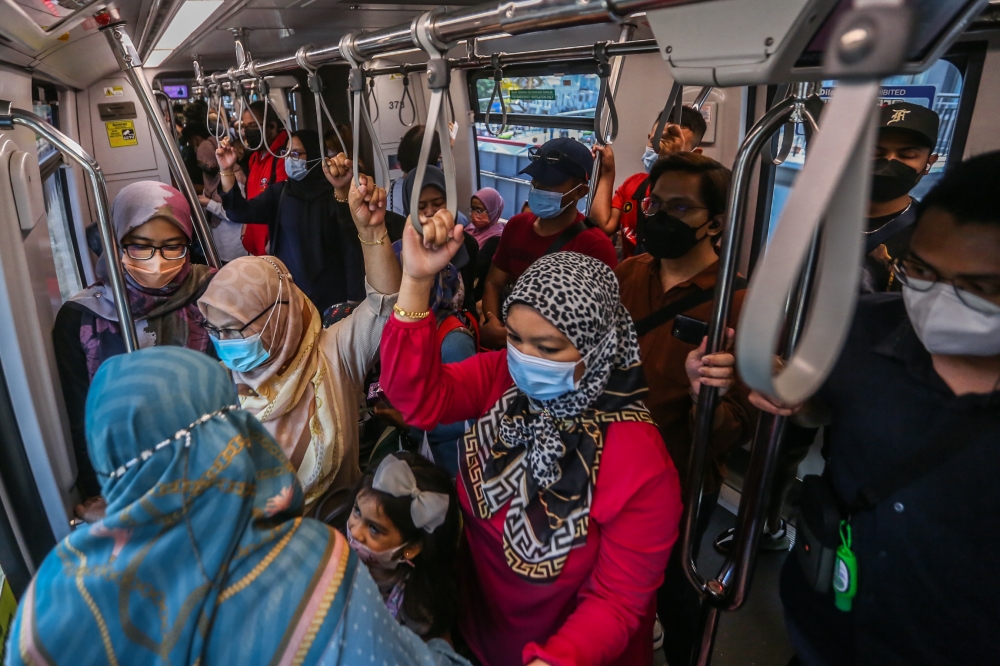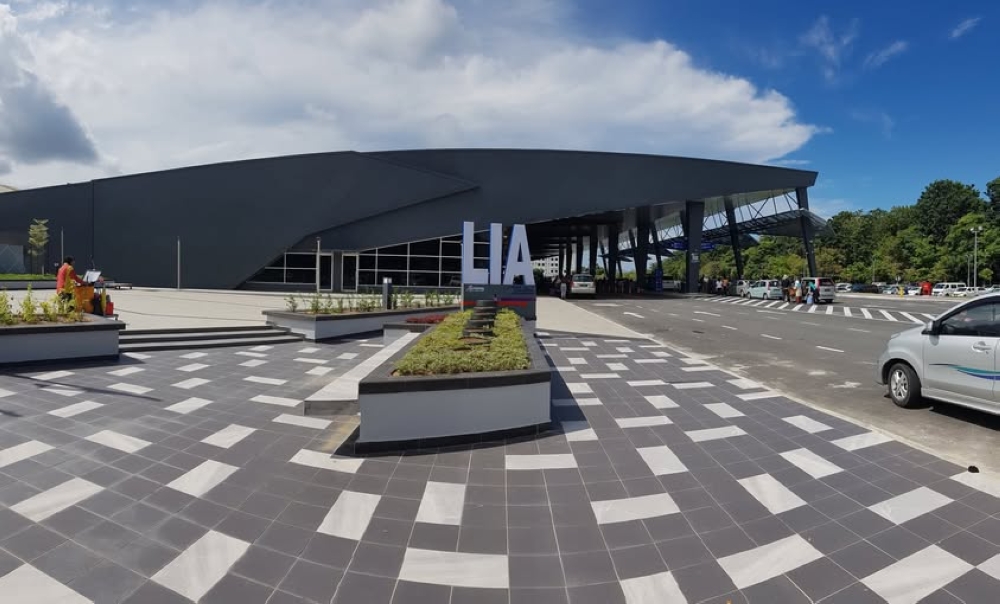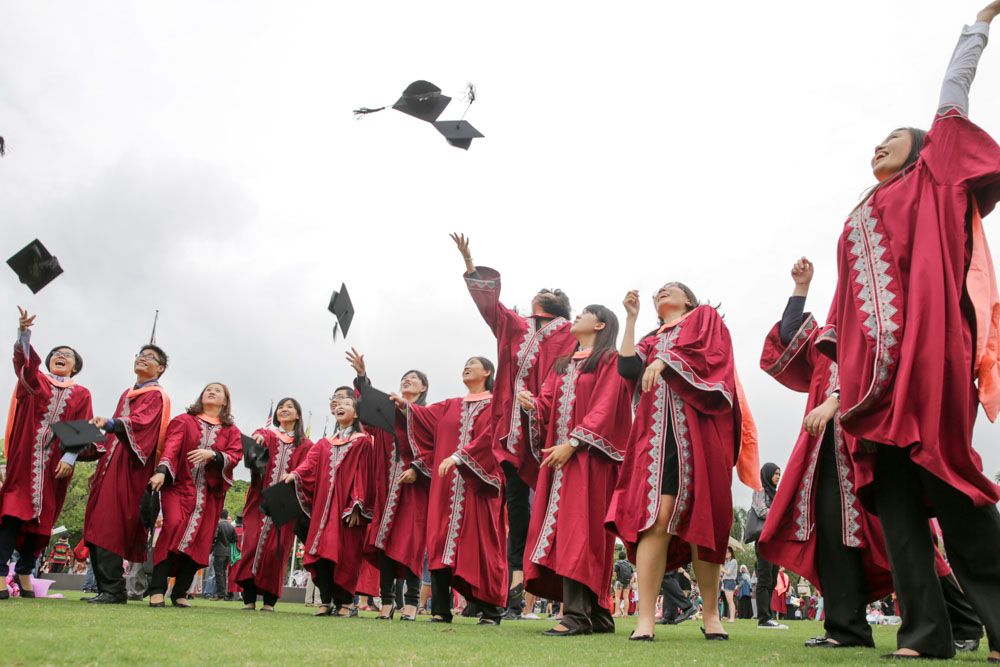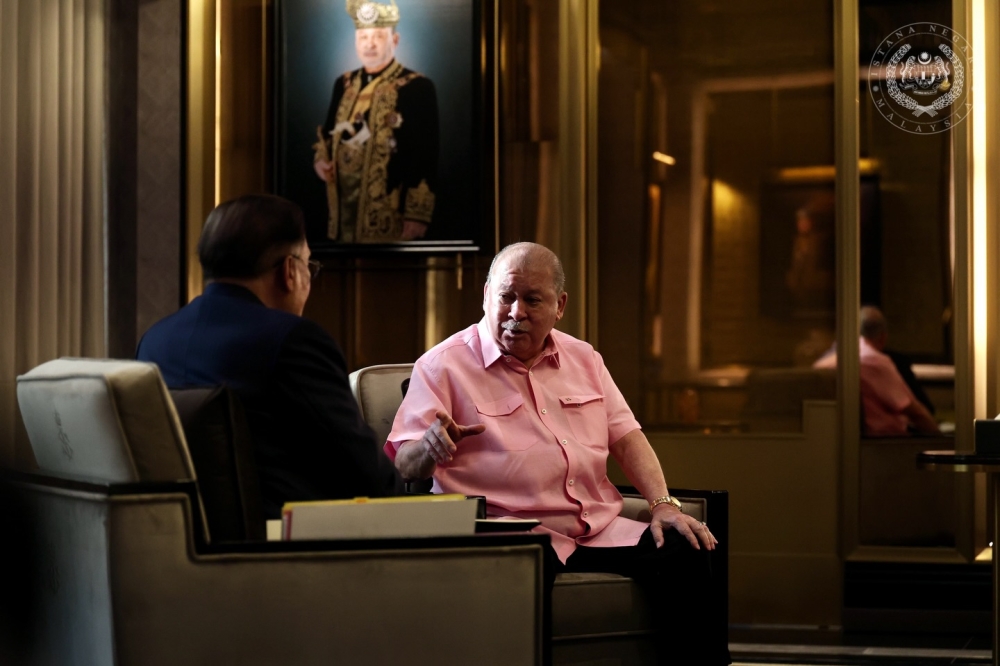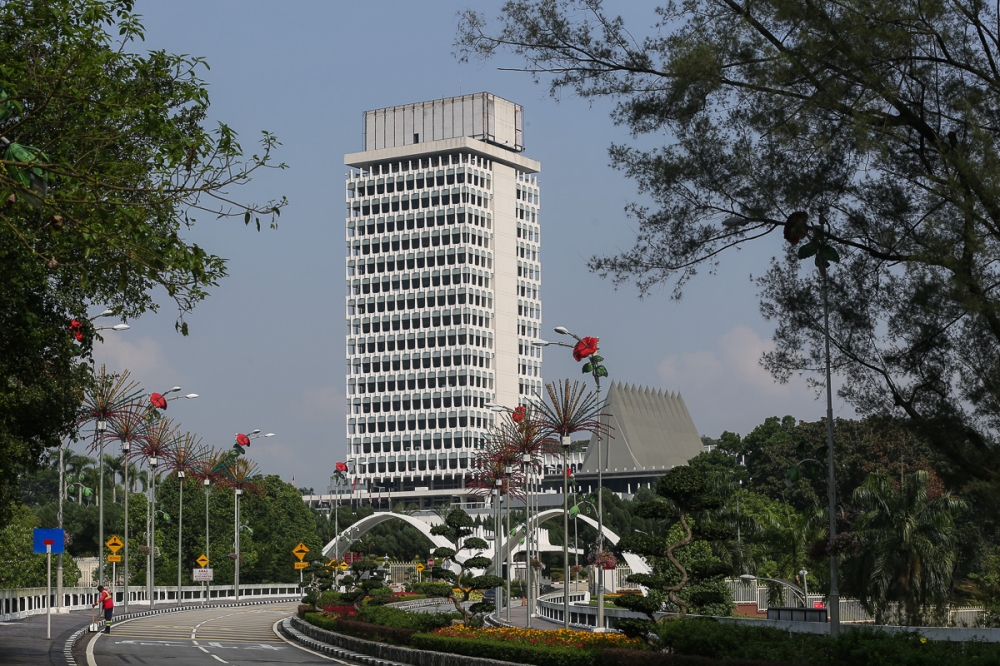KUALA LUMPUR, Sept 23 — The Department of Higher Education has dropped 38 academic programmes in 19 universities as they are no longer relevant to the current and future job market demands.
Malay daily Berita Harian reported that the programmes were mainly science and engineering bachelors and undergraduate studies.
The report stated that the decision was made as the programmes no longer promise job opportunities for graduates based on current industries' demand.
The department's director-general Datuk Siti Hamisah Tapsir confirmed the subjects were dropped and said higher education department needed to ensure that each course offered by public institutions is relevant to current developments.
“Analytic data today shows that (respective) industries needed 20,000 expertise from universities.
“The department of higher education has to ensure that each graduate is able to fulfill this demand.
“We need to face the Industrial Revolution 4.0 which is approaching and hence the academic programmes must be in line with industry needs,” she said.
Berita Harian also reported that at least two courses have been removed from the 19 public institutions, while several others academic programmes under review.
She said this is also in line with the government's efforts to ensure graduates of public institutions are able to find jobs suitable to the field of study to avoid unemployment.
Some of the courses under the engineering bachelor programme includes mechanical engineering in product invention, manufacturing engineering, electrical telecommunications engineering and electronic communication engineering.
Other courses include mathematics and chemistry, sports psychology, entrepreneurship and trade, Islamic education for school level and creative technology and animation.
Siti Hamisah said, the department has requested all universities in the country to redesign their academic programmes in accordance with respective industry developments.
“We need to do this so that the academic programmes are current.
“For example, for communication and media courses, we need to know the differences between the current media industry and the media industry in the past.
“The course cannot be not offered, but we need to know the differences. At the same time, the programmes offered must be offered with analytic data and Artificial Intelligence,” she said.
When asked if history and literature subjects were still in the country given the advancement in technology, she said these programmes were still important as they contribute to the nation and society building.
“Not all programmes needed to be reviewed as some are still relevant for nation building, such as Malay education through history is important for all,” she added.



